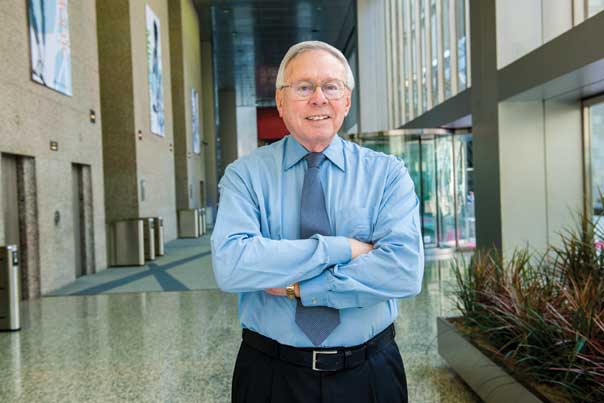‘Easy Money’: Exploring the Dark Side of Crypto

A new book 'Easy Money: Cryptocurrency, Casino Capitalism, and the Golden Age of Fraud,' by actor turned investigative reporter Ben McKenzie, takes the position that cryptocurrency is one of the most massive financial frauds ever perpetuated. Photo: Tinpixels/Getty Images
Let’s have full disclosure from the outset. I have never thought of cryptocurrency as “money.” My mind cannot accept the fiction that a bit of computer code can translate into a store of value.
I’m aware that makes me an antiquated no-nothing in the eyes of some people, especially males under 50 who, according to studies, are the main investors in Bitcoin and the other cryptocurrencies. Well, so be it. At least I’m in good company. Berkshire Hathaway vice chairman Charlie Munger last year described crypto as “partly fraud and partly delusion. That’s a bad combination.”
Someone who agrees with Mr. Munger, and is under 50, is Ben McKenzie. He played Ryan Atwood in the cast of the TV series The O.C., which ran from 2003-2007. Mr. McKenzie has made the unusual transition from actor to investigative reporter. Recently, he and collaborator Jacob Silverman published Easy Money: Cryptocurrency, Casino Capitalism, and the Golden Age of Fraud. The title says it all. Mr. McKenzie believes that crypto is one of the most massive financial frauds ever perpetrated, outdistancing Bernie Madoff by trillions of dollars.
Despite all the indictments against crypto billionaires like Sam Bankman-Fried and the collapse of several trading exchanges, crypto remains a force to this day. As I write, Bitcoin is trading at about $35,400 (figures in US dollars) after losing 6 per cent on Friday. That’s up from $22,500 at the start of the year but well down from the high of about $76,000 in October 2021. With such wild swings in value, Bitcoin is anything but stable. On the contrary, it’s a playground for speculators with its rapid and unpredictable changes in direction.
The high-powered crypto world is one where pseudo currencies (some 20,000 of them according to the authors) regularly collapse and the exchanges on which they trade suddenly declare bankruptcy and disappear from computer screens.
The book is full of insights into the main players in the closely-knit industry. The authors look at how they moved their companies to offshore tax havens to avoid U.S. securities rules, while at the same time making huge political donations to attempt to persuade politicians to pass laws favourable to their interests.
The big scale picture is uniformly negative. Are there really no good guys in the crypto hierarchy? The authors think not. But what really hits the reader are the stories of personal loss.
One of the victims was Harold (Hal) Henson. His story was told to the authors by his son, David, an Episcopalian minister in North Carolina. Hal is described as “a dreamer in the grand tradition of American men of a certain generation, believing that financial success was just around the corner”.
After retiring, Hal tried a variety of ways to make some money, ostensibly to have something to leave to his grandchildren. In the process, he came across an internet group called Stallion Wings, described as “a cryptocurrency investment firm promising incredible returns.”
Hal thought he had finally made it, that he was now “part of an exclusive club of savvy investors who would profit together.” He even thought of these people as “friends.” It seems terribly naïve to read it now, but for Hal it was apparently very real.
The story is predictable. Hal won at first but when he tried to get his money out, he ran into roadblocks. Then his winnings started slipping away. He put another mortgage on the house, borrowed against his retirement plan, and badgered friends and family (including his son David) for loans. In the end, everything was lost.
David later found the last email his dad sent to Stallion Wings. In it, Hal described the depths of his financial despair and confessed he was thinking of suicide. He received a one-word reply. It read: “Bye.”
Shortly after, the 66-year-old grandfather stepped in front of a speeding truck on a busy highway.
If you are not a crypto investor, Easy Money will strengthen your resolve never to start. If you are, I suggest you read the book anyway. At least you’ll know what questions to ask. And to be on your guard at all times.
Easy Money is published by Harry N. Abrams and is available in bookstores or on-line.

Gordon Pape is Editor and Publisher of the Internet Wealth Builder and Income Investor newsletters. For more information and details on how to subscribe, go to www.buildingwealth.ca.
A version of this story was originally published on Sept. 11, 2023
RELATED:
Trust No One: New Doc Looks at Mysterious Death of Canadian Crypto King
“Verified Human”: Worldcoin Users Queue Up for Iris Scans
Fraud and Older Canadians: What We Can Learn From Those Who Have Fallen Victim